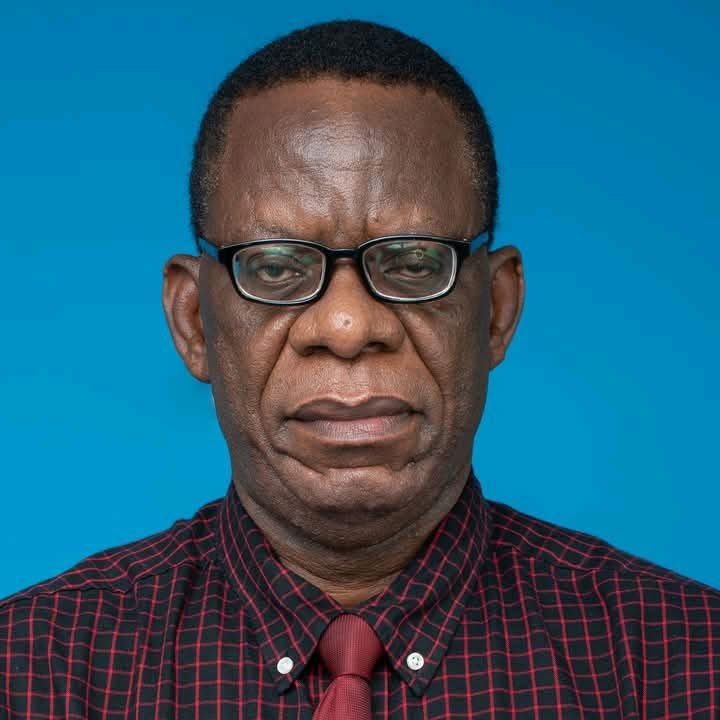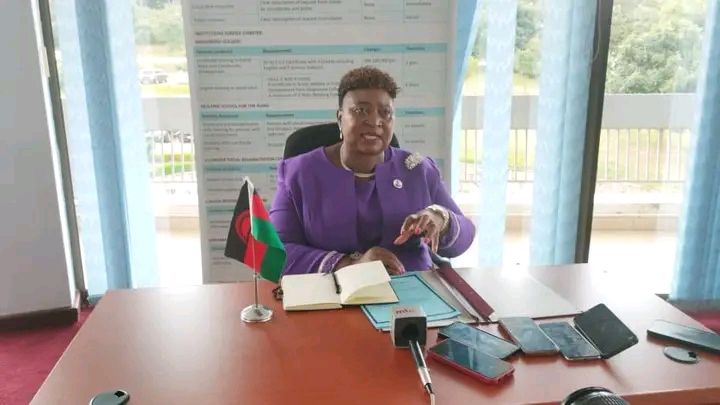By Jones Gadama
The Malawian Association of French Teachers (AMEF) has strongly condemned a teacher who benefited from a French government scholarship but chose not to return to Malawi after completing her training in France.
The teacher’s decision has sparked widespread outrage within the educational community, with AMEF describing it as a betrayal of the trust placed in her.
According to AMEF, the teacher was part of a group of ten educators selected to undergo training in France, aimed at strengthening their professional capacities and improving the quality of French language teaching in Malawi.
However, while nine of her colleagues returned to Malawi after completing their training, the teacher in question chose to remain in France, citing no valid reasons for her decision.

AMEF Vice-President Fwasani Gondwe expressed deep disappointment and frustration over the teacher’s actions, stating that they not only compromised the integrity of the cooperation program but also undermined the trust that French partners have placed in AMEF over several years.
“This is a clear case of a teacher who benefited from a scholarship but failed to honor her commitments,” Gondwe said. “We strongly condemn her actions and urge her to reconsider her decision and return to Malawi, where her skills and knowledge are desperately needed,” he added.
AMEF has revealed that the teacher’s decision to remain in France without a valid residence permit could have serious personal consequences, including expulsion, a ban on returning to France, and damage to her professional dignity.
Furthermore, the association noted that this situation could compromise the teacher’s career prospects, both in France and in Malawi, where she was expected to contribute to the development of French as a foreign language.
The controversy surrounding the teacher’s decision has raised concerns about the potential impact on educational cooperation programs between France and Malawi.
AMEF fears that this incident could cast a shadow over the credibility of Malawian teachers internationally and lead to stricter conditions for academic mobility for Malawian colleagues.
“We are deeply concerned about the implications of this incident on our partnership with France and the future of our teachers,” Gondwe said, adding that, “We urge our partners to understand that this is an isolated incident and not a reflection of the values and commitment of Malawian teachers.”
AMEF has commended the nine other teachers who participated in the training and returned to Malawi within the specified timeframe, citing their exemplary attitude as a model of responsibility and professional commitment.
“We appreciate the dedication and commitment of our teachers who honored their commitments and returned to Malawi,” Gondwe said.
“Their actions demonstrate the value of international cooperation and capacity building in improving the quality of education in Malawi,”he added.
The incident highlights the importance of adhering to the terms and conditions of scholarships and the potential consequences of failing to do so.
As AMEF noted, the future of training scholarships for Malawian teachers could be called into question if such incidents become more frequent.
The Malawian government has been emphasizing the importance of capacity building in the education sector, particularly in the teaching of foreign languages such as French.
The government’s efforts to strengthen the teaching of French in Malawi have been supported by the French government, which has provided scholarships and training opportunities for Malawian teachers.
In light of this incident, AMEF has urged the Malawian government to take steps to ensure that teachers who benefit from international training opportunities are aware of their responsibilities and commitments.
“We need to ensure that our teachers understand the importance of honoring their commitments and contributing to the development of education in Malawi,” Gondwe said, adding that,”We will work with the government to strengthen our capacity building programs and ensure that our teachers are equipped to make a positive impact on our education sector.”
The Malawian educational community will be watching closely to see how this situation unfolds and what implications it may have for future collaborations between Malawi and France in the field of education.
AMEF’s condemnation of the rogue teacher’s decision serves as a reminder of the importance of responsible behavior and adherence to the terms and conditions of scholarships.
As the association noted, the incident has the potential to impact negatively on educational cooperation programs between France and Malawi, and it is essential that the teacher concerned takes steps to regularize her situation and mitigate any potential consequences.
The ball is now in the court of the teacher concerned, and it remains to be seen whether she will reconsider her decision and return to Malawi to contribute to the development of French language teaching in the country.
One thing is certain, however: AMEF will continue to uphold the values of responsibility and professionalism that have guided the association since its inception.







